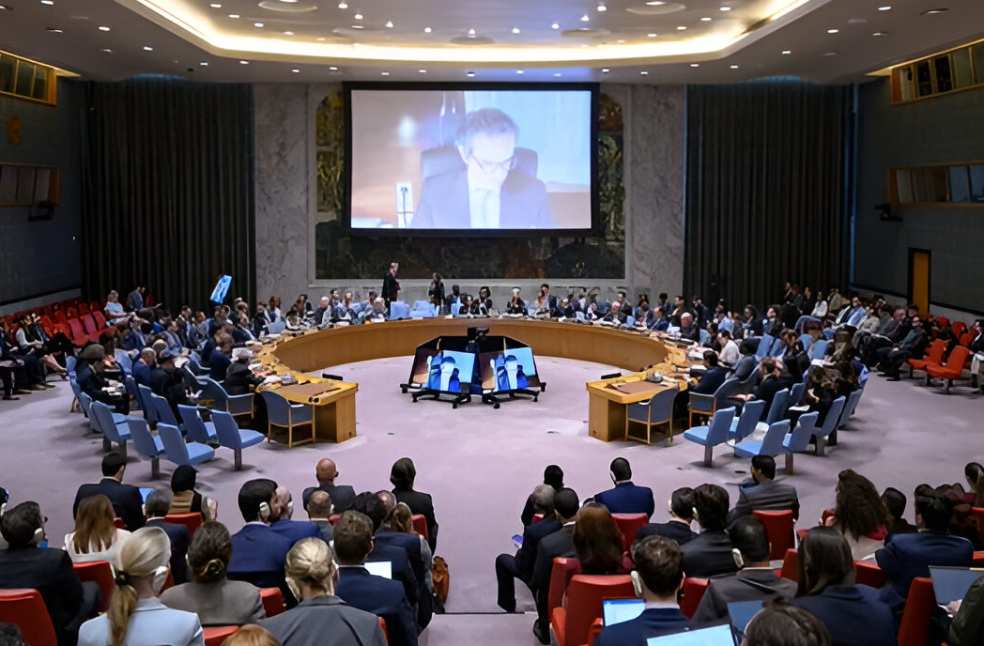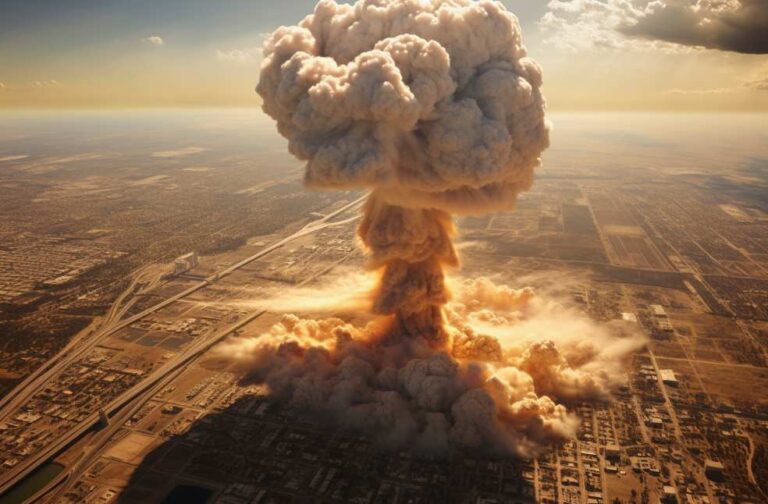Iran: Iran has launched a massive retaliatory missile barrage against Tel Aviv, hours after Israel’s surprise airstrike on Iranian soil destroyed key military and nuclear targets.
The remarkable escalation has pushed the Middle East to the brink of a wider conflict, with both sides allocating grave warnings and continuing attacks. The Iranian attack was followed by Supreme Leader Ayatollah Ali Khamenei, in which he pledged to ‘inflict heavy blows’ on Israel, accusing it of unleashing a ‘malevolent war.’
Minutes later, waves of Iranian missiles fell on central Israel. Sirens blared across Tel Aviv as citizens rushed to shelters. Explosions from Israel’s Arrow defence systems lit the night sky, intercepting many of the incoming projectiles, but several penetrated the defences.
One missile hit a high-rise residential building in Tel Aviv, causing heavy structural damage. According to Israel’s emergency services, 34 people were injured in the city, mostly with minor wounds. Police later confirmed one fatality.
Israeli Prime Minister Benjamin Netanyahu reacted with a stern warning that, “More is on the way.” Israeli strikes earlier targeted more than 100 sites in Iran, including the heavily fortified underground Natanz nuclear facility, key missile infrastructure, and command centres. According to Iran’s UN envoy, Amir Saeid Iravani, 78 people were killed in the initial wave, including military chiefs and six nuclear scientists. More than 320 were reported injured, most of them civilians.
Tehran was rocked again late, with explosions heard across the capital. Iranian state news agency reported that Israeli missiles struck Tehran’s Mehrabad airport, causing fires near an airbase housing fighter jets. The Fars agency confirmed two direct hits.

The assault resulted in the deaths of several high-ranking Iranian military leaders, including IRGC commander Gen Hossein Salami and atomic energy officials.
Iran’s newly appointed Revolutionary Guards chief, Mohammad Pakpour, threatened to ‘open the gates of hell’ in retaliation, as officials hinted at a prolonged conflict. Israeli Defence Minister Yoav Gallant stated that, “This regime will pay a very heavy price.”
The US role in the conflict remains ambiguous. Although President Donald Trump publicly prevented an attack just days ago, he later claimed the strike was consistent with a warning he issued to Iran.
The International Atomic Energy Agency confirmed that Israel’s strike destroyed above-ground structures at the Natanz facility but said radiation levels remained normal. Investigations are underway into reported damage at the Fordow and Isfahan nuclear sites.
Meanwhile, civilians in Tehran described a terrifying night. Golnar, a resident of the Saadat Abad district stated that, “I woke up to explosions, the windows were shaking. We didn’t know if it was an attack or an earthquake.”
Regional leaders, including from Qatar, Jordan, and Turkey, have issued urgent calls for de-escalation, warning that the current conflict could ignite a broader war across the Middle East. However, with missile exchanges continuing and both Iran and Israel refusing to back down, the threat of prolonged conflict looms larger than ever.



